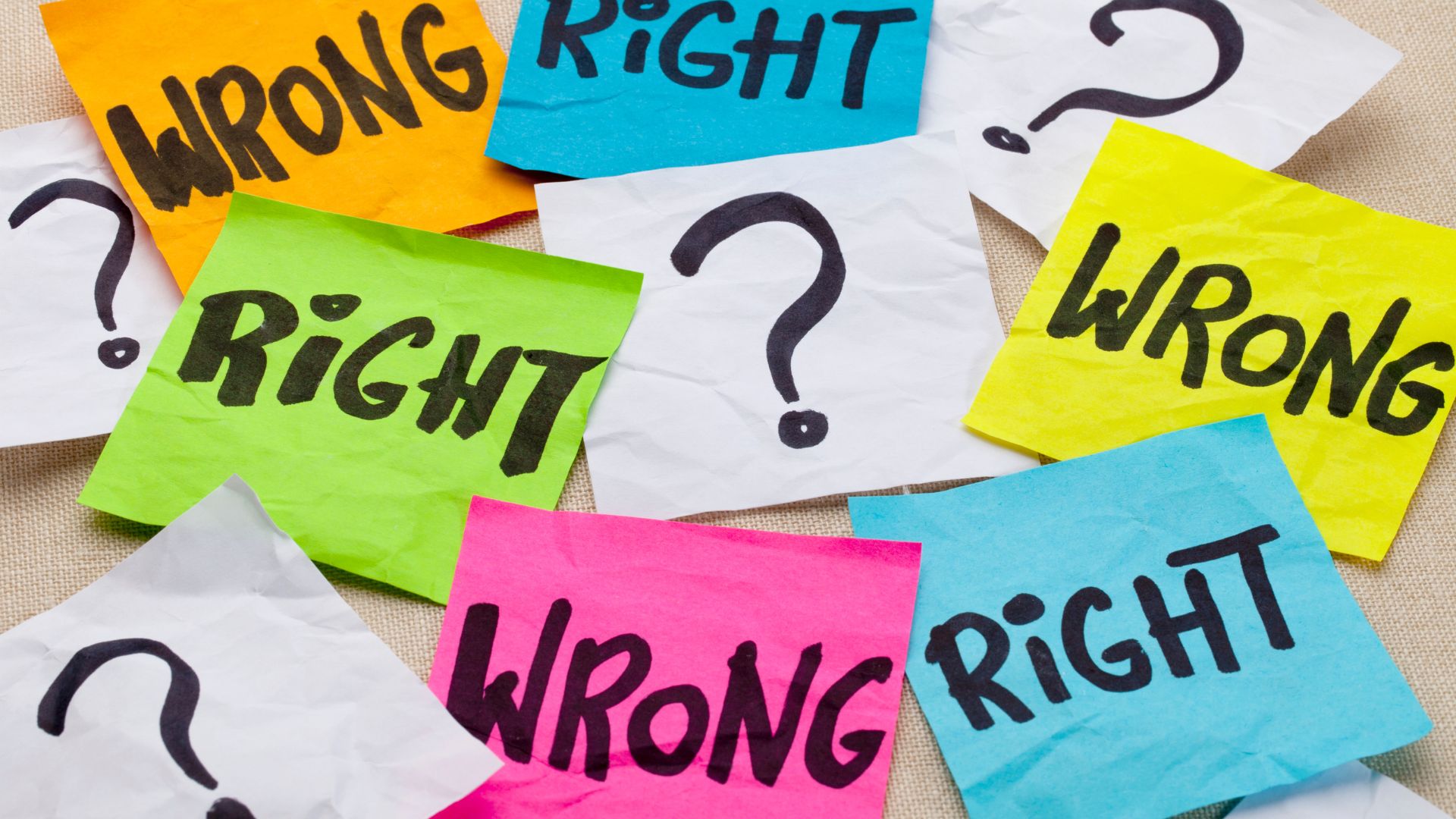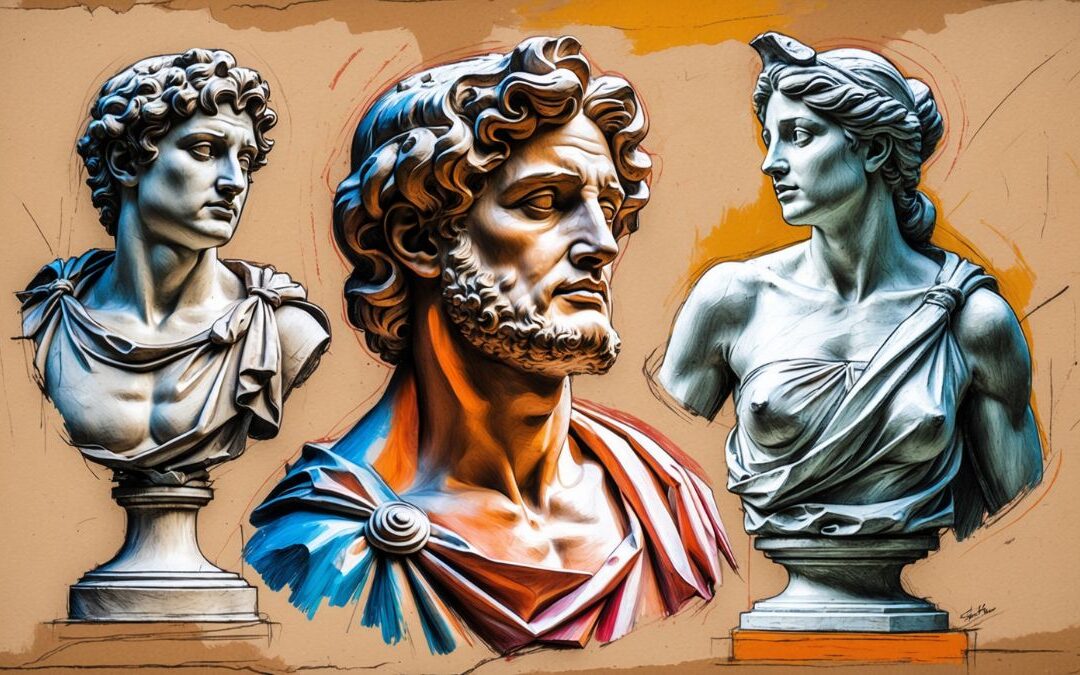Moral, Morality, Morale: More Than Just Similar Sounds
The words “moral”, “morality”, and “morale” aren’t just a tongue twister; they also carry distinctly different meanings that are crucial to understand. Let’s break them down to avoid misunderstandings and sharpen your writing.
Moral: The Compass of Right and Wrong
“Moral” is an adjective, and its core meaning is tied to concepts of righteousness, goodness, and ethical behavior. It helps us distinguish between what’s considered right and wrong.
Examples:
- “Stealing is morally wrong.”
- “She displayed a strong moral character in a difficult situation.”
- “The company was accused of engaging in morally questionable practices.”
Morality: The System of Guiding Principles
“Morality” is a noun that refers to a broader framework of values and principles that dictate what is right and wrong. This can be on an individual level or within a society, culture, or religion.
Examples:
- “The debate touched upon issues of public morality.”
- “Many religions have a strict code of morality for their followers.”
- “His own morality conflicted with the expectations of others.”
Morale: The State of Spirit
“Morale” is a noun completely separate from the realm of ethics. It describes a person’s or group’s emotional state, specifically their levels of enthusiasm, confidence, and determination.
Examples:
- “The team’s morale was low after a string of defeats.”
- “A surprise victory significantly boosted the soldiers’ morale.”
- “The company implemented new policies to improve employee morale.”
The Takeaway
While all three words are related to how we think and act, remember this:
- Moral describes what’s considered right or wrong.
- Morality is the system of principles defining right and wrong.
- Morale is your emotional state and level of determination.
By understanding these distinctions, you’ll unlock a new level of clarity in your communication and make those confusing word mix-ups a thing of the past!











0 Comments